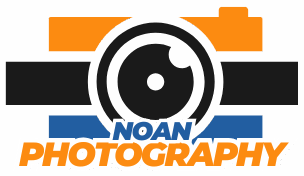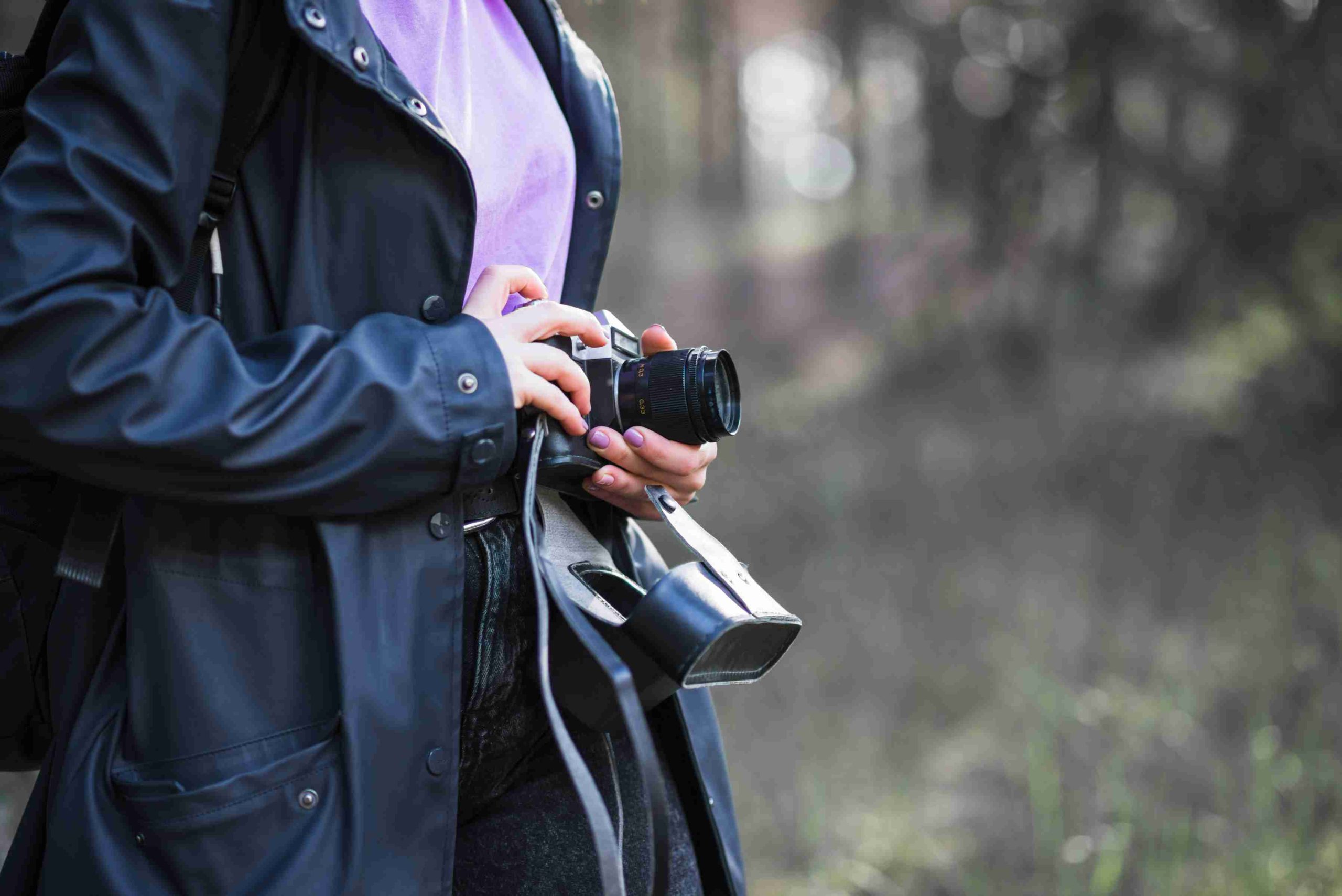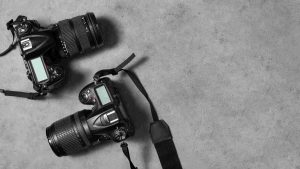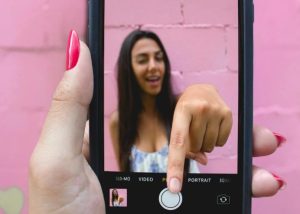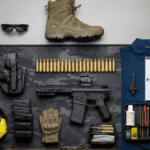When I started out in photography, I thought buying my first camera would be exciting. Spoiler: it was overwhelming. Between YouTube rabbit holes, Reddit debates, and review sites with spec overload, I nearly gave up. So if you’re in the same boat—scrolling endlessly for the best mirrorless camera for beginners—you’ve landed in the right place. I’ve tested dozens of cameras over the last decade, shot everything from weddings to wanderlust-fueled road trips, and mentored friends transitioning from iPhones to real photography.
This guide distills what actually matters—no fluff, no jargon. Just the truth, from one shutterbug to another.
Why Go Mirrorless in 2025?
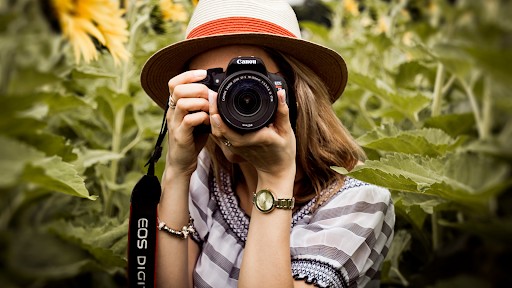
Before diving into camera names, let’s talk format. DSLRs? Dated. Smartphones? Impressive, but limiting. Mirrorless cameras strike that sweet spot: pro-level image quality, compact size, and smart features that help you learn as you shoot.
Key Benefits of Mirrorless Cameras for Beginners:
- Lightweight & Compact – Easier to carry than a DSLR.
- Live Preview – What you see on screen = what you capture.
- Silent Shooting – No clunky mirror slap.
- Fast Autofocus – Especially with face/eye detection.
- Future-Proof – Most brands are ditching DSLRs altogether.
What Matters Most When Choosing Your First Mirrorless Camera
Forget megapixels for a sec. These five factors will make or break your experience:
- Ease of Use: Look for beginner modes, guided interfaces, and a touchscreen.
- Autofocus Performance: Eye detection and fast tracking are essential.
- Lens Ecosystem: More lens choices = easier upgrades later.
- Video Capability: Even if you don’t plan to vlog now, 4K is a smart future-proof.
- Budget & Value: A $600 camera that fits your lifestyle beats a $1200 one that doesn’t.
Best Mirrorless Camera for Beginners: My Top Picks
Here’s my hand-picked list based on real use—not just spec sheets. All under $1,200.
1. Canon EOS R100 – Budget Hero
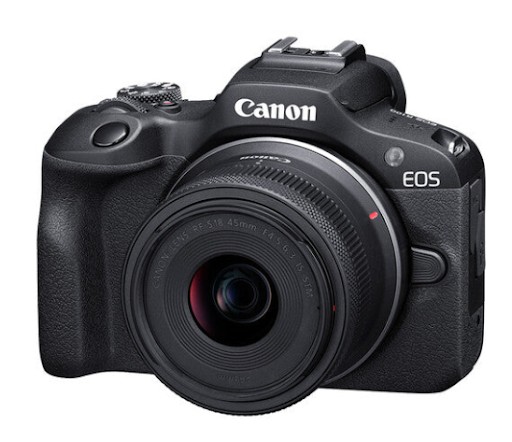
Image source- Amazon
If you want to dip your toes into photography without drowning in settings, this is your lifeline.
- Why I Recommend It: Guided user interface, snappy Dual Pixel autofocus, and excellent image quality for the price.
- Best For: Total beginners and hobbyists.
- Cons: No flip-out screen, no IBIS.
2. Canon EOS R50 – Feature-Packed and Still Beginner-Friendly
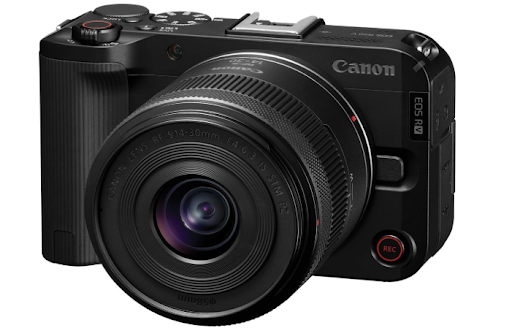
Image source- Amazon
This one hits the sweet spot: beginner-friendly but doesn’t baby you. It’ll grow with you.
- Why I Recommend It: 4K video, articulating screen, compact build.
- Best For: Everyday shooters, vloggers.
- Cons: Battery life could be better.
3. Sony ZV-E10 – The Content Creator’s Choice
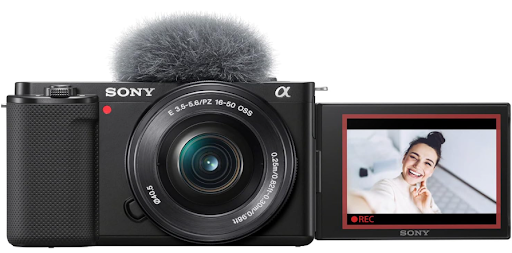
Image Source- Amazon
If you’re already dabbling in TikToks or YouTube, this is your tool.
- Why I Recommend It: Superb autofocus, built-in directional mic, and flip screen.
- Best For: Video-first creators.
- Cons: No viewfinder.
4. Olympus OM-D E-M10 Mark IV – Compact Yet Powerful
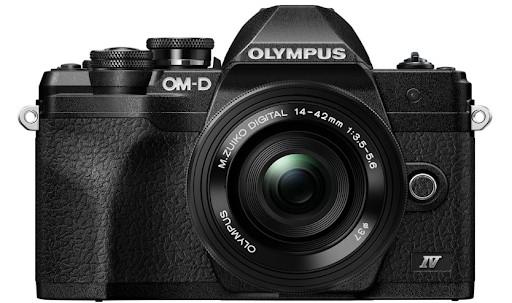
Image source- Amazon
This camera is deceptively small but packed with power.
- Why I Recommend It: Built-in stabilization (rare at this price!), flip-down screen, retro feel.
- Best For: Travelers, street photographers.
- Cons: Smaller micro four-thirds sensor.
5. Sony Alpha A6400 – Upgrade-Ready Beast
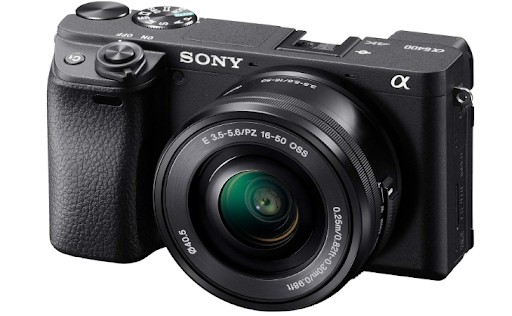
Image source- Amazon
This camera is where you start serious learning and never feel limited.
- Why I Recommend It: Lightning-fast AF, robust lens ecosystem.
- Best For: Ambitious learners and future professionals.
- Cons: No IBIS, slightly more complex interface.
6. Fujifilm X-S20 – Stylish & Smart
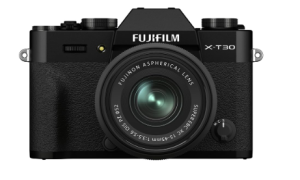
Image source- Amazon
You’ve seen it on Instagram. And for good reason.
- Why I Recommend It: Gorgeous film simulations, smart autofocus, in-body stabilization.
- Best For: Creative types.
- Cons: Slightly pricier.
8. Panasonic Lumix GX85 – Compact and Stabilized
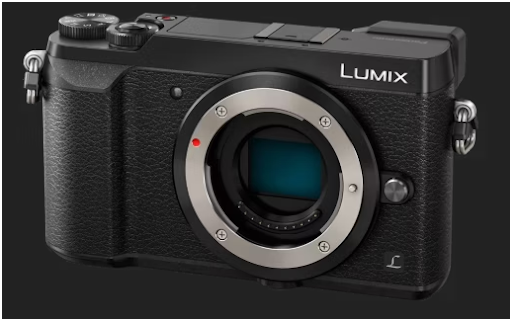
Image source- panasonic.com
- Why I Recommend It: Dual I.S. stabilization (sensor + lens), great JPEG colors, and compact design.
- Best For: Travel and street photography.
- Cons: Menus may feel dated, no mic input.
9. Fujifilm X-T30 II – Pro Looks, Entry Feel
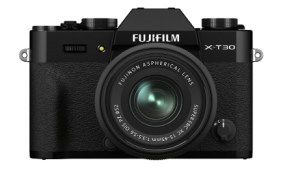
Image source- Amazon
- Why I Recommend It: Fast autofocus, beautiful film simulations, and solid build.
- Best For: Style-conscious beginners who love manual control dials.
- Cons: No IBIS, smaller grip.
10. Canon EOS M50 Mark II – Legacy Entry-Level Darling
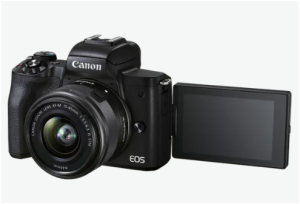
Image source- Canon-europe.com
- Why I Recommend It: Excellent autofocus, compact size, and user-friendly interface.
- Best For: Beginners who want an easy intro to vlogging and stills.
- Cons: EF-M lens mount has limited future support.
Mirrorless Camera Buying Tips (From Someone Who’s Been There)
- Skip Kit Lenses (Sometimes): Buy body-only and get a sharp prime like a 35mm f/1.8.
- Don’t Be Obsessed With Specs: Sensor size matters, but usability matters more.
- Buy What You’ll Carry: A great camera in a drawer is useless.
- Think About Lenses Early: Are you going to shoot portraits? Travel? Wildlife?
- Consider Refurbished Models: Big savings with warranties included.
Best Mirrorless Camera for Beginners: My Final Verdict
If I had to pick one? Canon EOS R50 gives you the most well-rounded experience under $800.
But if your heart leans toward video, Sony ZV-E10 is tough to beat. Want stabilization and retro charm? Olympus E-M10 IV is your jam.
Remember:
The best mirrorless camera for beginners is the one that makes you excited to shoot. Specs will change. Features will evolve. But passion? That’s what makes great images.
FAQs: Quick Answers for Curious Beginners
1. Do professional photographers use DSLR or mirrorless?
Most are switching to mirrorless. Faster autofocus, lighter bodies, and better tech make it a no-brainer.
2. What are the disadvantages of a mirrorless camera?
Battery life is usually shorter than DSLRs. And entry-level mirrorless models may skip features like IBIS or weather sealing.
3. Why is everyone switching to mirrorless?
Better tech in smaller packages. Plus, brands like Canon and Nikon are no longer developing new DSLR models.
4. Should a beginner get a mirrorless camera?
Absolutely. Mirrorless cameras are more user-friendly, easier to carry, and packed with helpful learning tools that make mastering photography faster.
5. What is the major drawback of a mirrorless camera?
Battery life tends to be shorter, and budget models might lack in-body stabilization or robust weather sealing.
6. Is it worth buying a mirrorless camera?
If you’re serious about photography—or even just want to elevate your visual storytelling—yes. Mirrorless cameras offer the best balance of performance, portability, and long-term value.
